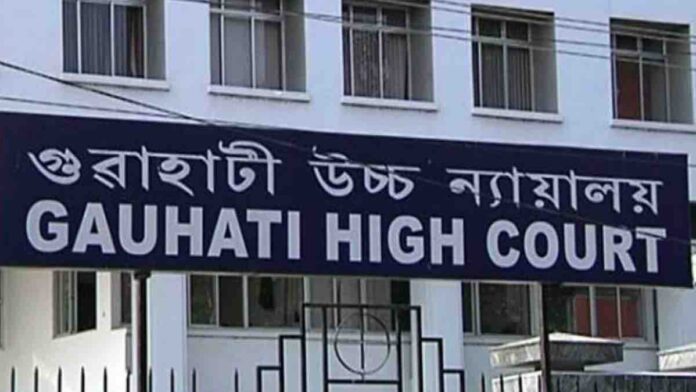In a landmark decision, the Gauhati High Court ruled that a railway employee dismissed from service automatically forfeits their entitlement to leave encashment benefits. The division bench, comprising Chief Justice and Justice N. Unni Krishnan Nair, delivered the judgment on November 12, 2024, in the case of Union of India and Ors. vs Utpal Datta
To Read More Please Subscribe to VIP Membership for Unlimited Access to All the Articles, Download Available Copies of Judgments/Order, Acess to Central/State Bare Acts, Advertisement Free Content, Access to More than 4000 Legal Drafts( Readymade Editable Formats of Suits, Petitions, Writs, Legal Notices, Divorce Petitions, 138 Notices, Bail Applications etc.) in Hindi and English.




